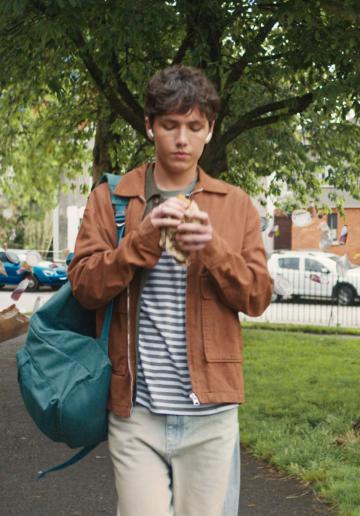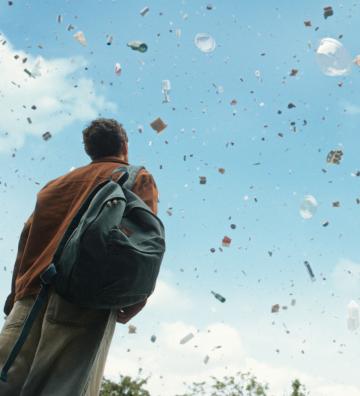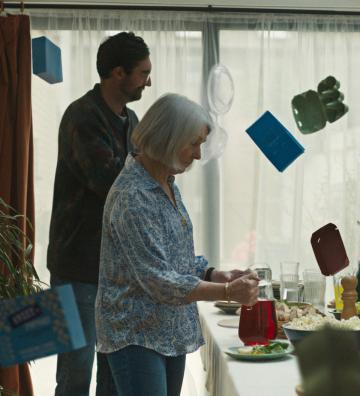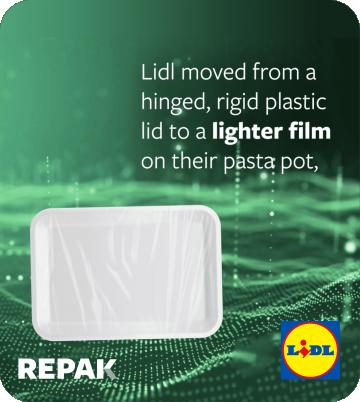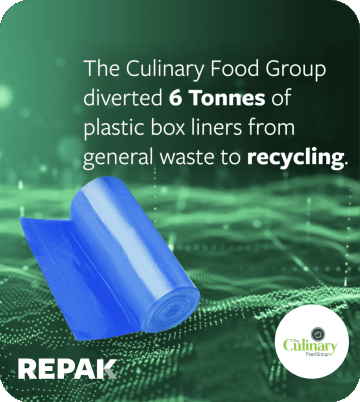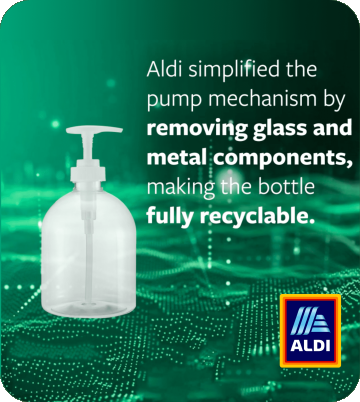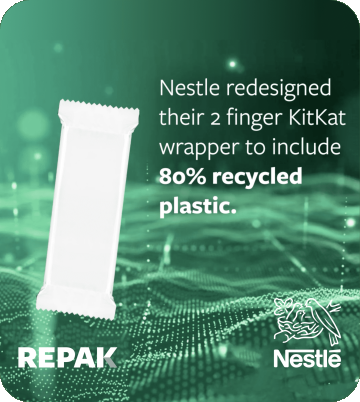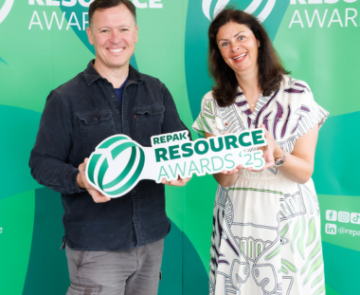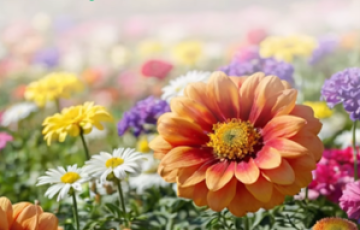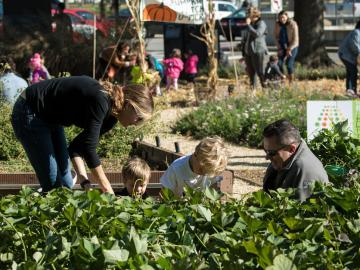What goes in my bin?
Find out more below about what packaging can go in what bin and remember when it comes to recycling packaging must be clean, dry and loose.
Top Tips for recycling
-
Make sure you know what you can put in your recycling bin.
Quite simply, there are three categories of materials: paper and cardboard; plastics; and metals, tins and foil. These are the different types of packaging items that can go in your recycling bin – clean, dry and loose.
-
Clean, dry and loose!
We all have our part to play to not only recycle as much waste as possible but to also make sure our recycling is properly sorted. It’s simple keep, make sure your packaging is clean (free from food waste), dry and placed in loose.
-
Stuck for space in your recycling bin?
Make sure you are only putting packaging in your recycling bin loosely and not in plastic bags. To make more space flatten boxes and cardboard.
Our Members and impact
We have over 3,500 Members nationwide who fund the recycling and recovery of packaging, household recycling bins, bottle banks and business back door waste. Our Members are leaders in incorporating sustainable practices in their business and product packaging design.
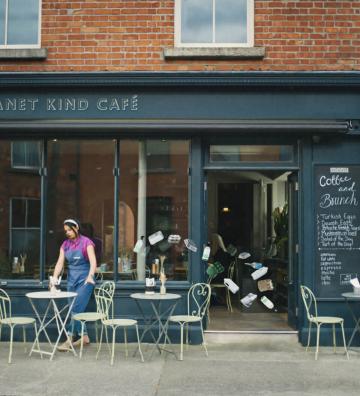
Learn about recycling for businesses
We have over 3,500 Members nationwide who fund the recycling and recovery of packaging, household recycling bins, bottle banks and business back door waste. Our Members are leaders in incorporating sustainable practices in their business and product packaging design. Find out how we can support your business as part of the Circular Economy today.
Check out our socials for recycling tips
Looking for simple ways to make your recycling routine more effective? Follow us on social media! We're sharing practical recycling tips and how you can be part of the Circular Economy.
View InstagramLatest News
All NewsRepak Presented ESG Award to Origin Enterprises at Newstalk Changemaker Business Awards
in 2 minutes
Recycling Savvy & Resourceful: 67% Rate Knowledge High, 60% Reuse Packaging For Gardening
in about 3 minutes

